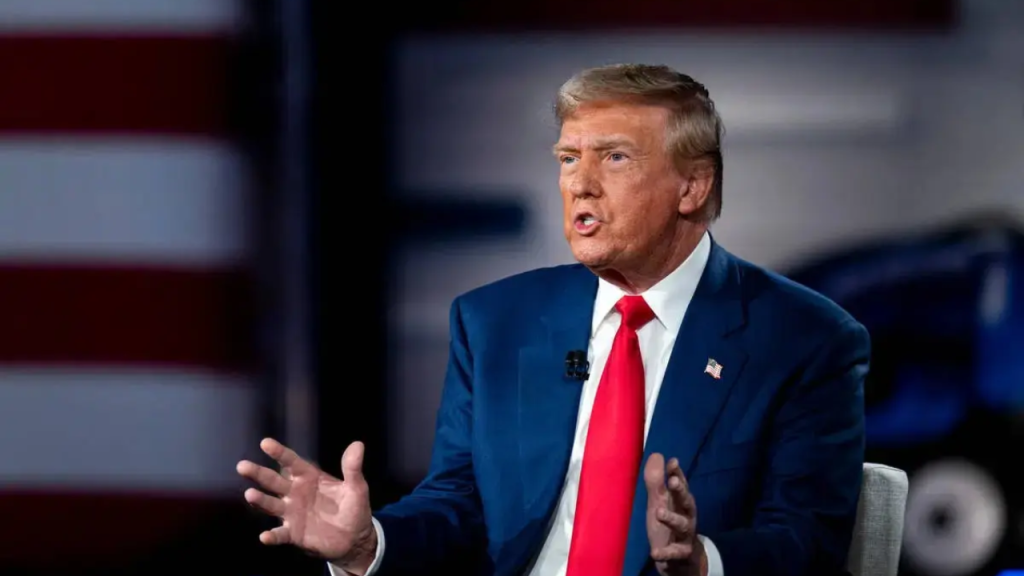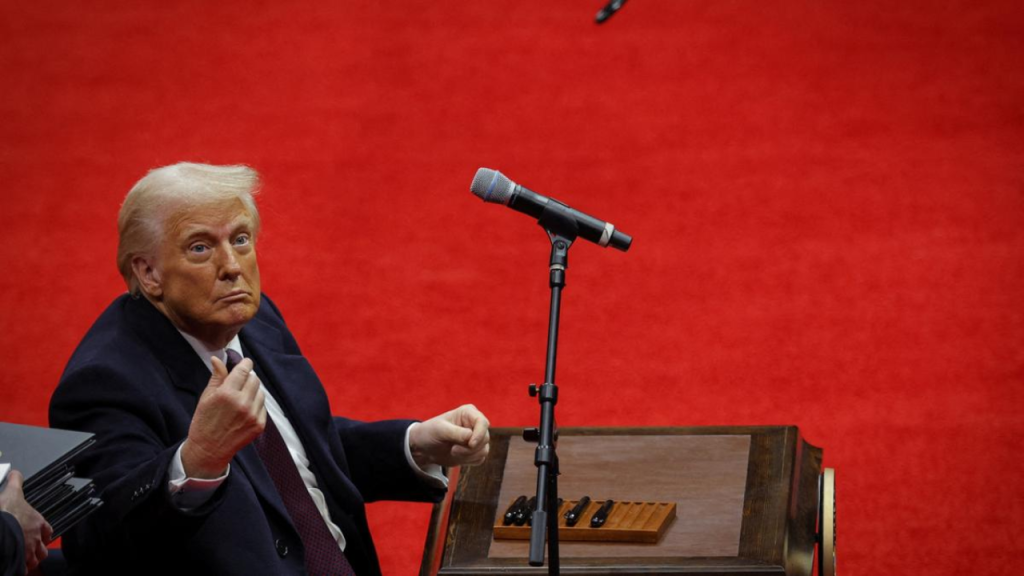
The Trump administration is celebrating a victory after the U.S. Supreme Court ruled in favor of the deportation case of Salvadoran national, Kilmar Armando Abrego Garcia, who was initially removed from the U.S. despite being granted “Withholding of Removal” status.
This decision marks a major shift in the legal landscape of immigration, upholding the position of the administration against challenges from immigration advocates and legal experts.
The Deportation Incident
Kilmar Abrego Garcia, a Salvadoran national, was arrested in Baltimore and deported to El Salvador in a quick turnaround despite legal protections. He had been granted “Withholding of Removal” status, which protects immigrants from being sent back to countries where they face persecution.
In this case, Abrego Garcia’s attorneys argued that he should not have been deported due to the risk of gang violence in El Salvador, a danger that had previously led to his asylum claim.
However, despite the granted protection, he was sent to the Terrorism Confinement Center in Tecoluca, El Salvador, a decision that sparked outrage among his legal team.
The Supreme Court’s ruling has now directed the Trump administration to facilitate his return to the U.S., reinforcing District Judge Paula Xinis’s order that had previously demanded his return.
Trump Administration’s Response

Homeland Security Secretary Kristi Noem defended the actions of the administration, acknowledging that there had been an administrative error but emphasizing that bringing Abrego Garcia back would violate Salvadoran sovereignty.
Speaking during a press conference, Noem stated, “Yes, I think that what the Supreme Court said here in this decision was a very clear message to other judges across this country, is that stop acting like you have the authority to dictate foreign policy and national security decisions that the president is making to protect its citizens.”
Noem’s remarks emphasized the limitations of foreign policy decisions and the responsibility of judges not to overstep their bounds in matters related to national security.
She added that Abrego Garcia, who has been associated with the MS-13 gang and has a troubling criminal background, represented a significant threat to U.S. safety.
A Victory for U.S. Sovereignty
Stephen Miller, the Homeland Security Advisor, backed Noem’s stance, framing the Supreme Court ruling as a win for U.S. sovereignty and a clear message that the U.S. government must not be coerced into acting against its interests.
He criticized the district court’s previous ruling, which suggested that the U.S. would need to violate the sovereignty of El Salvador to comply with the law.
“The Supreme Court ruling was clear,” Miller said. “No district court can compel the president to exercise his Article II foreign powers in any way whatsoever.” He further explained that the case had been a prime example of judicial overreach and foreign interference, which the administration would not tolerate.
Frustration from Legal Advocates
Despite the ruling in favor of the Trump administration, Abrego Garcia’s legal team, led by attorney Simon Sandoval-Moshenberg, expressed frustration at the slow pace of implementation. “We are incredulous.
Twenty-four more hours and still no answers as to what they’ve done so far, and what they’re planning to do going forward, to carry out the Supreme Court’s ruling,” Sandoval-Moshenberg said in a statement.
Abrego Garcia’s attorneys have been vocal in pushing for timely action, stressing that while knowing his current location is a step forward, it does not fulfill the administration’s obligation to facilitate his prompt return.
Sandoval-Moshenberg closed his statement by asserting, “Tonight, the rule of law prevailed,” despite the delay in the practical implementation of the court’s decision.
The Bigger Picture: Implications for U.S. Immigration Policy
This case has broader implications for U.S. immigration policy, particularly when it comes to the role of the courts in directing foreign policy decisions. The ruling reinforces the Trump administration’s position that immigration law cannot be dictated by the judiciary in matters of national security and foreign relations.
It also sends a message to other countries that their sovereignty must be respected when the U.S. makes legal and immigration decisions.
For legal advocates fighting for immigrant rights, the case represents another frustrating setback.
The ruling could have far-reaching consequences, especially for those who have been granted legal protection but face deportation due to administrative oversights.
The legal community will likely continue to debate the role of the courts in enforcing immigration policies, especially in cases where foreign relations and sovereignty are at stake.
Conclusion: A Divisive Ruling
The Supreme Court’s decision to back the Trump administration’s stance on this case may be seen as a triumph for the U.S. government, but it is unlikely to quell the controversy surrounding deportation policies.
While the administration celebrates a victory, legal experts and immigrant rights advocates continue to voice concerns about the broader implications of the case. As the legal and political debates continue, one thing remains clear: the conversation on U.S. immigration policy is far from over.
